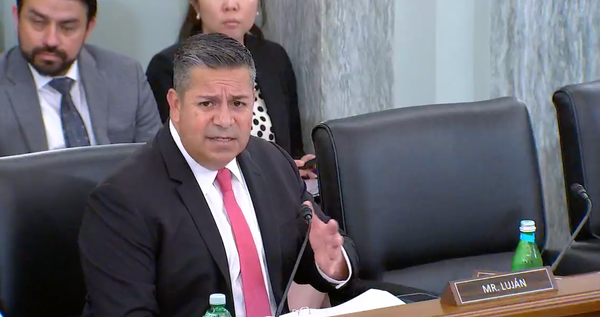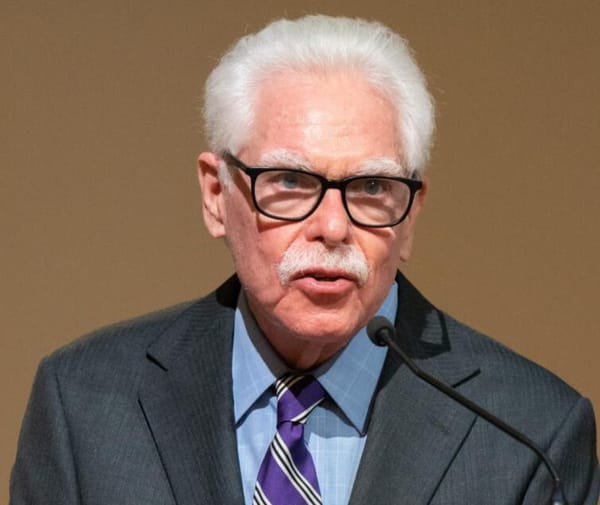Wireless Association Claims NTIA Chief Avoids Senators on Tech Neutrality
Alan Davidson’s response to Daines, dated Tuesday, says the NTIA will combat overbuilding, but does not mention unlicensed spectrum.

WASHINGTON, December 22, 2022 – National Telecommunications and Information Administration chief Alan Davidson’s response to a senator’s oversight letter “misse[d] the fundamental issue” of technological neutrality, according to a Thursday tweet from the Wireless Internet Service Providers Association.
“This latest letter appears to sidestep the whole issue entirely. I don’t know how much clearer [Sen. Steve Daines, R-Mon.,] could have been to the NTIA,” Mike Wendy, director of communications for WISPA, told Broadband Breakfast on Thursday.
In November, a coalition of GOP senators – including by Daines, Marsha Blackburn, Tenn., John Borrasso, Wyo., Cynthia Lummus, Wyo., Ted Cruz, Tex., John Cornyn, Tex., and Thom Tills, N.C., – asked the NTIA to reconsider decision to exclude networks that solely use unlicensed spectrum from its definition of “reliable broadband network.” This definition will be used for the $42.45 billion Broadband Equity, Access, and Deployment program. “Removing options off the table will result in communities being left behind,” the senators wrote.
The senators’ letter also argued that the exclusion could cause areas served by fully unlicensed networks to be unnecessarily overbuilt, draining funds frum truly unserved locations.
Davidson’s response to Daines, dated Tuesday, says the NTIA plans to combat overbuilding, but does not mention unlicensed spectrum. “To date, we have never gotten any clarification on why unlicensed considered ‘not reliable,’” Wendy said.
Critics say networks that operate fully over unlicensed spectrum are susceptible to interference. Wendy argued that this concern is overblown.
“It’s not the role of the government to choose technology winners and losers,” Wendy said. WISPA has long advocated tech neutrality, arguing that its members – i.e., wireless providers, many of whom operate on unlicensed spectrum – are the best suited to serve high-cost rural areas.
WISPA was surprised to find BEAD’s notice of funding opportunity excluded unlicensed spectrum, Wendy said. “It was a slap in the face,” he explained. Nonetheless, he said his organization has met with NTIA and still hopes to affect a policy change.
An NTIA spokesperson declined to comment.









